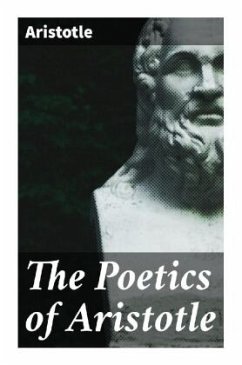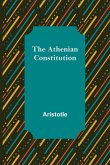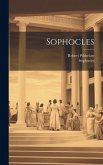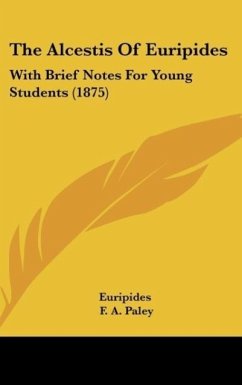In "The Poetics of Aristotle," the revered philosopher presents a foundational text that explores the principles of dramatic theory and literary criticism. Aristotle examines the nature of poetry and tragedy, categorizing various elements such as plot, character, and spectacle. His analytical approach, characterized by clarity and logical rigor, situates the work within the broader context of 4th century BCE Hellenistic thought, where the interplay of ethics, aesthetics, and politics emerges as a pervasive theme. This seminal work not only defines tragedy but also touches on the intricate relationship between emotion and catharsis, shaping the discourse around literature for centuries to come. Aristotle, a student of Plato and teacher to Alexander the Great, possessed a remarkable intellectual curiosity that encompassed a wide array of disciplines. His insights into art and literature were influenced by his diverse interests, including philosophy, biology, and rhetoric. This cross-disciplinary background informed his critical perspectives, as he sought to determine the essence of human experience as expressed through artistic forms, thereby establishing a framework for literary analysis that remains influential today. For scholars, writers, and enthusiasts of literature alike, "The Poetics" offers invaluable insights into the mechanics of storytelling and the role of art in the human experience. It serves as an essential reference point for those desiring to engage with the lasting legacy of literary theory while fostering a deeper appreciation for the traditions that shape modern storytelling.
Bitte wählen Sie Ihr Anliegen aus.
Rechnungen
Retourenschein anfordern
Bestellstatus
Storno








